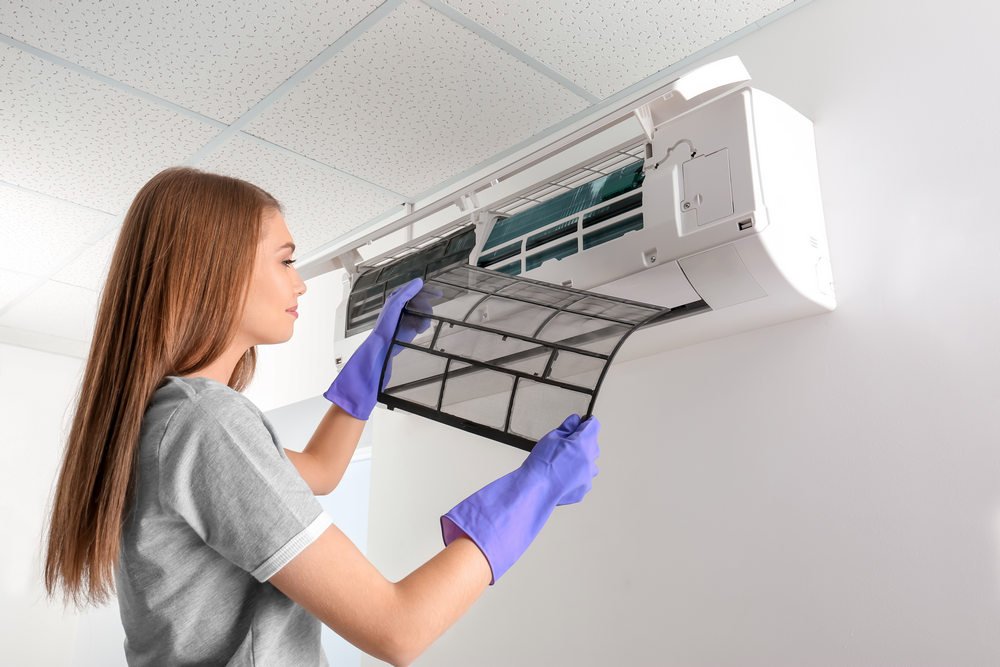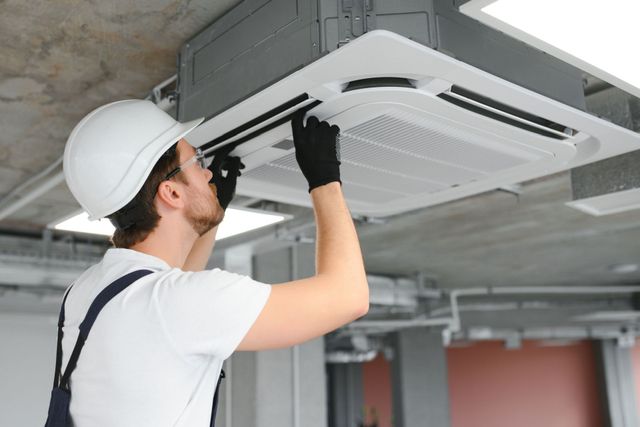When winter arrives, homeowners and business owners often encounter a peculiar issue: odor in house vents winter smells. The cold season, combined with closed windows and increased use of heating systems, can lead to unwanted smells lingering indoors. Addressing these odors is crucial for maintaining a comfortable and healthy living environment.
Understanding the cause of these winter odors is the first step in tackling the problem. There are several factors at play, and knowing them can help you take the right measures to eliminate the smell.

Causes of Odor in House Vents During Winter
1. Accumulation of Dust and Debris
Over time, dust and debris can accumulate within your home’s ductwork. During the winter months, when your heating system is in full use, these particles can circulate through the vents, causing a musty and unpleasant odor.
2. Mold and Mildew Growth
Humidity levels can play a significant role in the growth of mold and mildew. When the ducts are warm, moist environments can develop, leading to moldy smells permeating your home. Regular inspection and cleaning can help prevent this issue.
3. Pest Infestations
Sometimes, small creatures like rodents or insects find their way into ductwork for warmth. As these pests nest in the ducts, they can leave behind droppings, carcasses, and nesting materials, contributing to foul odors.
4. HVAC System Malfunctions
Faulty components within your HVAC system can also lead to unpleasant smells. For example, a burning smell might indicate an issue with the furnace, while a musty odor might mean the system isnt properly dehumidifying the air.
Solutions to Eliminate Winter Smells from Vents
1. Regular Cleaning and Maintenance
One of the most effective ways to prevent and eliminate odors is through regular cleaning and maintenance of your HVAC system. This includes changing filters, cleaning ducts, and servicing the furnace. For detailed steps on maintaining your vents, visit this step-by-step guide.
2. Use of Air Purifiers and Deodorizers
Air purifiers can help remove particles and odors from the air, while deodorizers can be used to mask and neutralize smells. Choose a purifier with a HEPA filter for best results.
3. Addressing Moisture Issues
Since moisture is a common cause of odors, using dehumidifiers can help reduce humidity levels in your home. Ensure that all leaks and water issues are promptly addressed to prevent mold growth.
4. Professional Duct Cleaning
Sometimes, professional intervention is necessary to thoroughly clean and inspect the ductwork. Professional cleaning services can effectively remove buildup and ensure that your ducts are in good condition. Learn more about how professional cleaning can help by visiting this article.
Preventative Measures for Future Odors
1. Regular HVAC Inspections
Scheduling regular inspections can help catch potential issues early, preventing them from becoming significant problems.
2. Seal Duct Leaks
Leaky ducts can allow moisture and debris to enter the system. Sealing these leaks helps maintain the efficiency and cleanliness of your HVAC system.
3. Improve Home Ventilation
Even in winter, it’s essential to ensure your home is well-ventilated. This can be achieved by using exhaust fans or opening windows occasionally to let fresh air in.
4. Use Quality Filters
Investing in high-quality air filters can trap more particles and keep your air clean. Be sure to change them regularly to maintain their effectiveness.
Impact of Odors on Home Environment
Odors in your home can affect more than just comfort. They can also impact the health and well-being of the occupants. Prolonged exposure to certain smells, such as mold, can lead to respiratory issues and allergic reactions.
Health Implications
Persistent odors can cause headaches, dizziness, and irritation of the eyes, nose, and throat. Addressing odors promptly can help mitigate these health risks.
Impact on Property Value
Strong, unpleasant smells can also affect the value of your property. Potential buyers may be deterred by odors, making it crucial to address these issues before putting a home on the market.
The Role of Technology in Odor Control
1. Smart HVAC Systems
Modern HVAC systems come with advanced features that can help monitor air quality and alert homeowners to potential problems. These systems can also adjust settings automatically to improve air quality.
2. Air Quality Monitoring Devices
Devices that monitor indoor air quality can provide valuable data on pollutants and odors. This information can help you take targeted actions to improve air quality.

FAQs
1. How often should I clean my ducts?
It’s recommended to clean your ducts every 3-5 years. However, if you notice persistent odors or have pets, more frequent cleaning may be necessary.
2. Can I clean my ducts myself?
While some basic maintenance can be done by homeowners, such as changing filters, professional cleaning is recommended for a thorough job.
3. What if the smell persists after cleaning?
If odors persist after cleaning, it may indicate a more serious issue, such as mold or a malfunctioning HVAC component. In such cases, professional inspection is advised.
By understanding the causes and solutions for odor in house vents winter smells, you can ensure a fresh and healthy indoor environment throughout the cold months. For more tips on maintaining air quality, visit this external guide.
This article contains affiliate links. We may earn a commission at no extra cost to you.